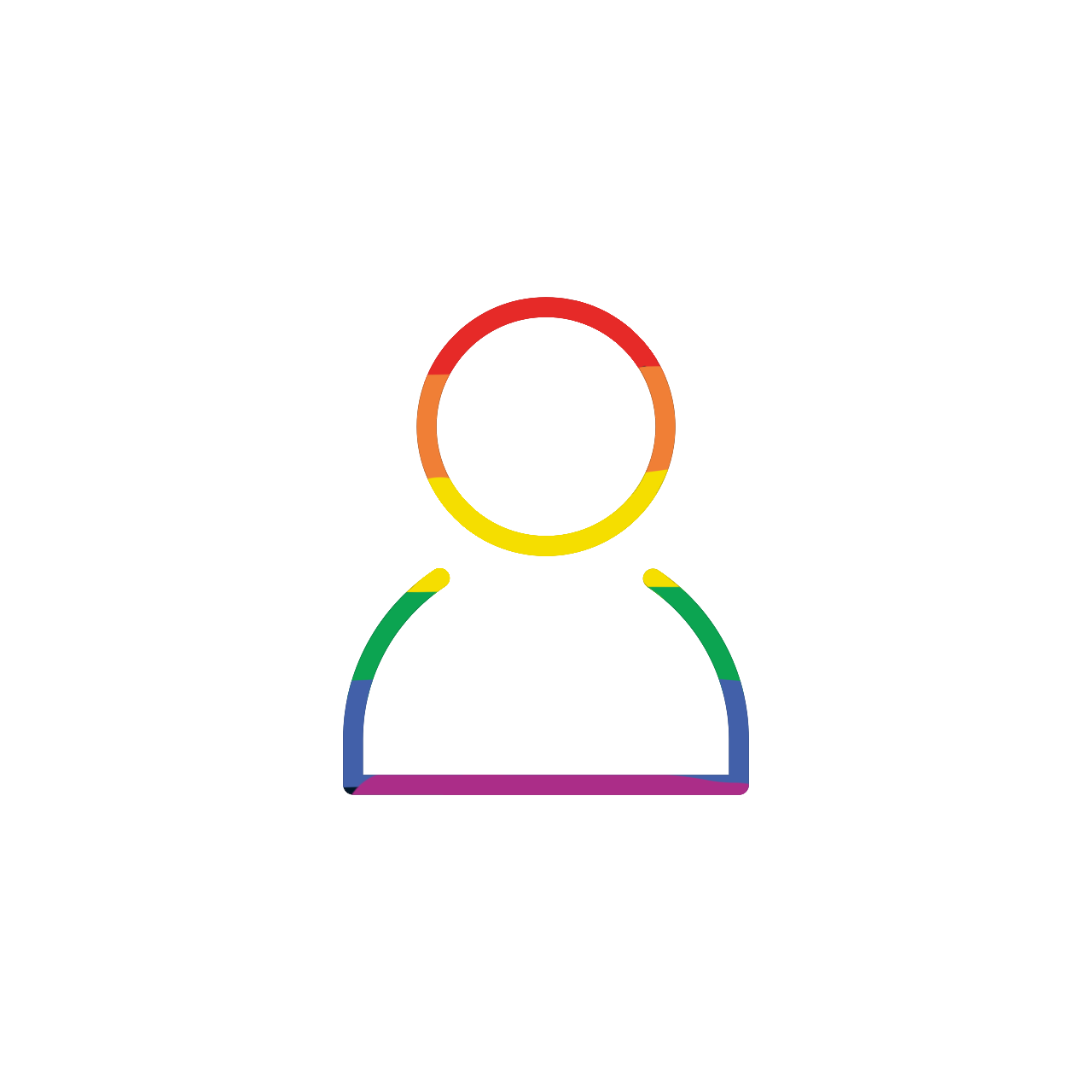“My family’s philosophy has always been: Be yourself. If people aren’t okay with that then it is their problem, not yours,” Iris said.
Iris first began exploring the meaning of gender and sexuality in middle school.
“I didn’t feel comfortable in my body,” Iris said. “It didn’t look or feel the way I wanted it to, especially as I began to go through puberty.”
Iris now understands she was experiencing gender dysphoria — which the American Psychiatric Association defines as “a conflict between a person’s physical or assigned gender and the gender with which he/she/they identify.”
Iris began to think of gender differently after a middle school camping trip.
“I was getting my nails painted when it occurred to me that it was okay if I wasn’t super masculine,” she says. “I realized I didn’t have to present as male, and that there was a disconnect between how I wanted to be seen and identified and what society was telling me I should be.”
In high school, Iris began identifying as gender non-binary, meaning she did not identify as having only masculine or feminine qualities, but somewhere in the middle of the gender spectrum, and used they/them pronouns.
Now, she identifies as a transgender woman and a lesbian.
“I’ve come to realize you don’t have to know everything about yourself right away,” Iris said. “You don’t have to make a formal decision about who you are right off the bat. You can have time to experiment and find yourself.”
Through it all, Iris has been fortunate to have support at home. Lisa has never pressured Iris to commit to a certain narrative about her identity.
“I struggled to keep my kid alive for years,” Lisa said. “I know suicide rates among teens in general are sky high, even more so among transgender youth. Supporting a kid through exploration of identity and getting to have the surprise of who they are going to become is an absolute gift.”
Iris has also found comradery in the transgender community.
“The community has been a high point of my experience,” Iris said. “Being a transgender individual, there are a lot of other people you can share your experience with who have similar experiences as you. There are a lot of friends I wouldn’t have today if I wasn’t transgender. My life wouldn’t be the same without them.”
Experiencing hate
Still, Iris is not immune to negative attitudes directed at the LGBTQ+ community.
After she shared a coming-out project on a coding website, another user reported Iris, saying “Being gay is inappropriate.” Iris challenged the statement, asking, “How is exposing kids to people who are not necessarily like them harmful?” The user told Iris she was an abomination.
Some members of Iris’ extended family have also rejected her identity and refuse to call her Iris or use she/her pronouns.
“I don’t understand why someone would hate people just because they identify different than their gender assigned at birth or love people of different genders,” Iris said. “It’s like, there are two people and one of them has ice cream and the other one is going to get some ice cream and the first one says I don’t want you to have ice cream.”
However, most of Iris’ family have taken the lead from the attitudes of acceptance modeled by her mother and brother.
For more of Iris’ story visit Seattle Children’s On the Pulse.



